Duxbury, Massachusetts, a coastal town steeped in history and natural beauty, has a captivating tale to tell.
From its early days as a Pilgrim settlement to its evolution into a vibrant community, Duxbury’s history is a testament to resilience, innovation, and cultural heritage.
Massachusetts Bay, Duxbury’s story unfolds through its historic landmarks, picturesque landscapes, and a strong sense of community.
As we delve into Duxbury’s history, we embark on a journey through time, exploring the trials and triumphs of its founders, the impact of maritime trade, and the enduring legacy of its colonial roots.
Duxbury’s history is not merely a chronicle of the past but a living narrative that continues to shape the town’s identity and character today.
Duxbury Massachusetts History
Nestled along the picturesque coast of Massachusetts Bay, Duxbury boasts a rich history that spans centuries.
Let’s delve into some historical pieces of evidence that illuminate Duxbury’s fascinating past.
Settlement in the 17th Century
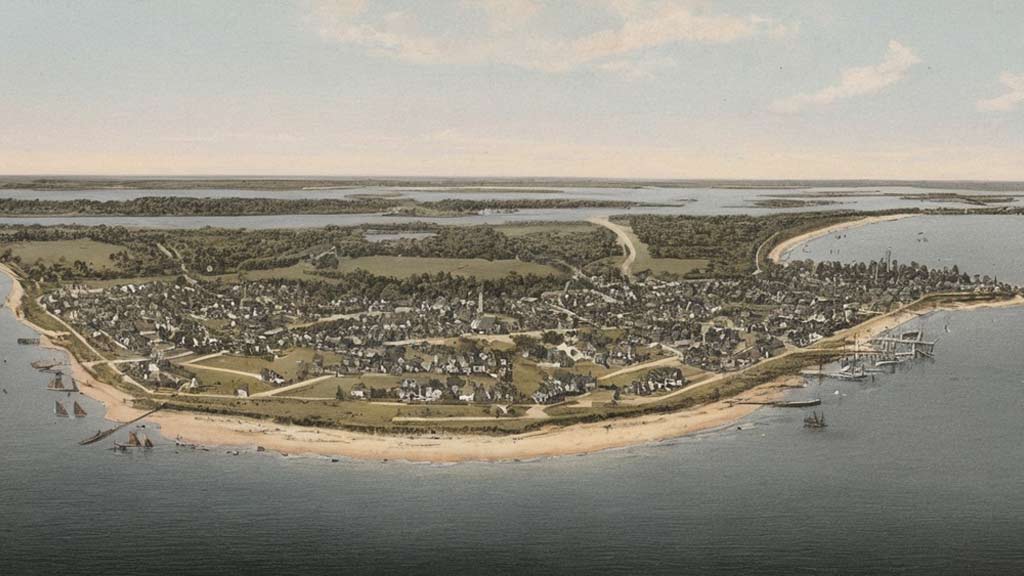
The area now known as Duxbury was inhabited by people as early as 12,000 to 9,000 BCE. This region was originally inhabited by the Wampanoags, who called it Mattakeesett, meaning “place of many fish.”
English settlers, known as the Pilgrims, established their colony in nearby Plymouth in 1620. By 1627, land along the coast, including Duxbury, was allotted to settlers for farming.
However, Duxbury likely received its name from Myles Standish’s ancestral home of Duxbury Hall in Chorley, Lancashire, Great Britain.
The influential settlers included Captain Myles Standish, Elder William Brewster, and John Alden. Duxbury was incorporated in 1637 and originally included land that is now Pembroke.
Geography
Duxbury is bordered by Cape Cod Bay to the east, Duxbury Bay, Kingston Bay, and Plymouth to the southeast, Kingston to the southwest, Pembroke to the west and northwest, Marshfield to the north.
Pilgrim Settlement
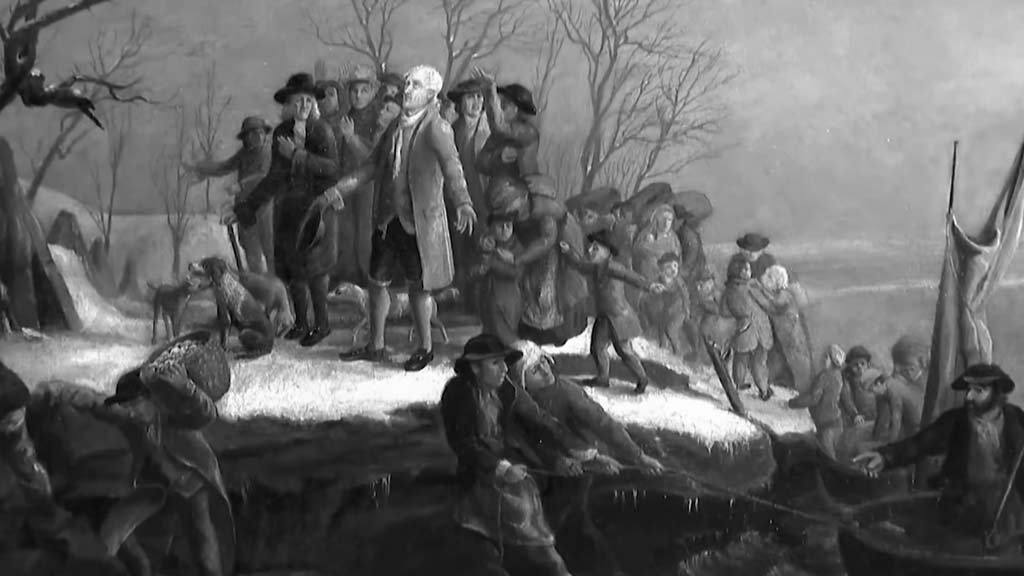
Duxbury played a crucial role in the early settlement of Plymouth Colony, serving as the temporary home of the Pilgrims before they established Plymouth Plantation.
Standish House, the residence of Myles Standish, and the Myles Standish Burial Ground are poignant reminders of this significant chapter in American history.
Revolutionary War Contributions
During the Revolutionary War, Duxbury played an active role in the fight for American independence.
The Duxbury Powder House, constructed in 1771 to store gunpowder for the militia, is a tangible reminder of the town’s patriotic spirit and contributions to the war effort.
Agricultural Tradition
Throughout its history, agriculture has been a cornerstone of Duxbury’s economy and identity.
The Alden House, an iconic colonial farmhouse, and the King Caesar House, once home to a prosperous merchant, offer insights into Duxbury’s agrarian past and the families who shaped its landscape.
Shipbuilding Industry
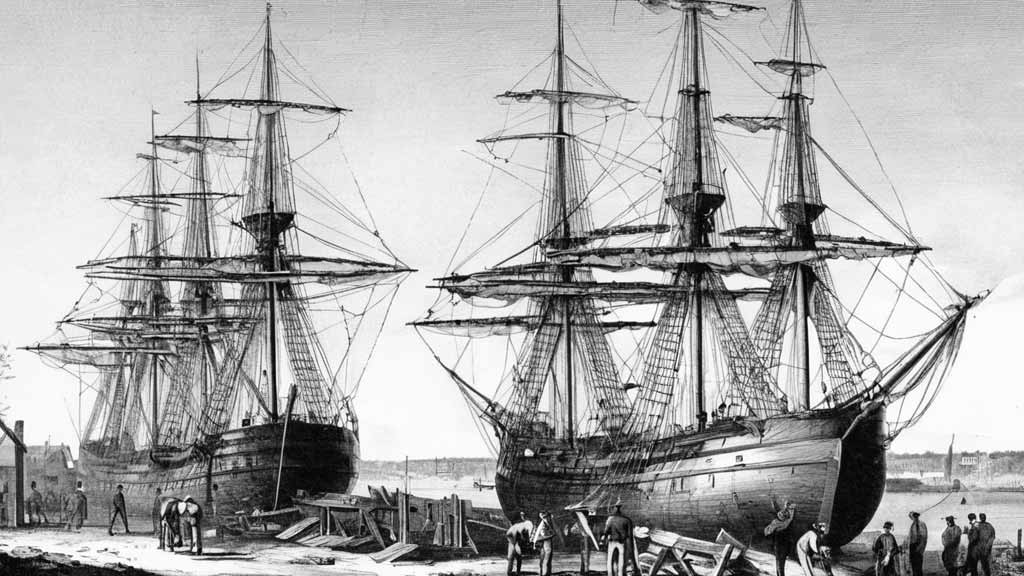
In the 18th and 19th centuries, Duxbury thrived as a center of shipbuilding, with shipyards dotting its coastline.
The Bradford House, once home to shipbuilder William Bradford Jr., stands as a testament to this maritime heritage, reflecting the town’s vital role in New England’s seafaring industry.
Cultural Institutions
Duxbury is home to cultural institutions like the Duxbury Rural and Historical Society, which preserves and promotes the town’s rich heritage through exhibits, programs, and educational initiatives.
The Drew Archival Library and the Nathaniel Winsor Jr. House are invaluable resources for those interested in exploring Duxbury’s history.
Maritime Heritage
Duxbury’s maritime heritage is celebrated at sites like the Duxbury Maritime Schoolhouse, where generations of sailors received their education.
The town’s scenic waterfront and harbors are reminders of its seafaring legacy, with sailing and fishing remaining popular pastimes to this day.
Modern Community
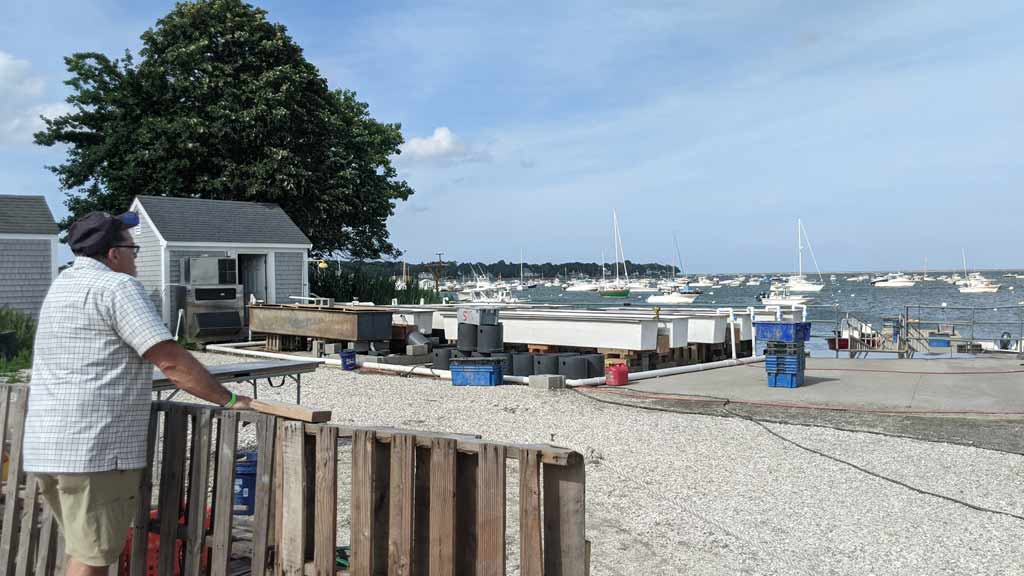
Today, Duxbury is a vibrant community that honors its past while embracing the future.
The Duxbury Free Library, with its collection of historical archives and contemporary resources, reflects the town’s commitment to lifelong learning and cultural enrichment for residents and visitors alike.
Religious Foundations
Duxbury’s religious history is evident in landmarks like the Old Ship Church, a National Historic Landmark dating back to 1632.
As one of the oldest wooden churches in continuous use in the United States, it symbolizes Duxbury’s enduring commitment to faith and spiritual heritage.
Native American Presence
Before European settlement, Duxbury was inhabited by Native American tribes such as the Wampanoag.
Archaeological sites like the Gurnet Fort, believed to have been a Native American fortification, offer insights into the indigenous peoples who once called Duxbury home.
Literary Legacy
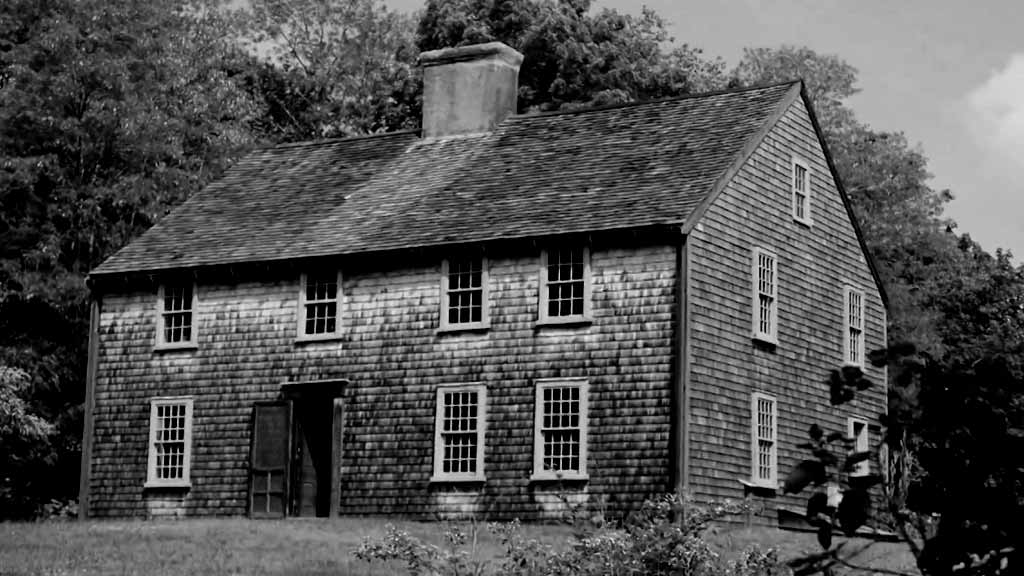
Duxbury’s literary legacy is celebrated through landmarks like the John Alden House, associated with Mayflower pilgrim John Alden, a figure immortalized in Henry Wadsworth Longfellow’s poem “The Courtship of Miles Standish.”
Such connections to literary history enrich Duxbury’s cultural tapestry.
Preservation Efforts
Duxbury’s commitment to historic preservation is evident in initiatives like the Duxbury Rural and Historical Society’s efforts to maintain and interpret the town’s historic properties.
Through advocacy and stewardship, Duxbury ensures that its heritage remains accessible and appreciated by future generations.
Revolutionary War Memorials
Duxbury honors its Revolutionary War veterans through memorials like the Captain Gershom Bradford House, which houses artifacts and exhibits related to Duxbury’s military history.
These tributes serve as reminders of the sacrifices made by the town’s early patriots in the struggle for independence.
Architectural Heritage
Duxbury’s architectural heritage is showcased in its diverse array of historic homes, ranging from colonial saltboxes to Victorian mansions.
Landmarks like the Nathaniel Winsor Jr. House and the King Caesar House offer glimpses into Duxbury’s past through their distinctive architectural styles and features.
What Is Duxbury Famous For?
Duxbury, Massachusetts, is renowned for its rich history, scenic beauty, and vibrant community.
Let’s explore seven things that Duxbury is famous for, each contributing to its unique allure and appeal.
Pilgrim Heritage
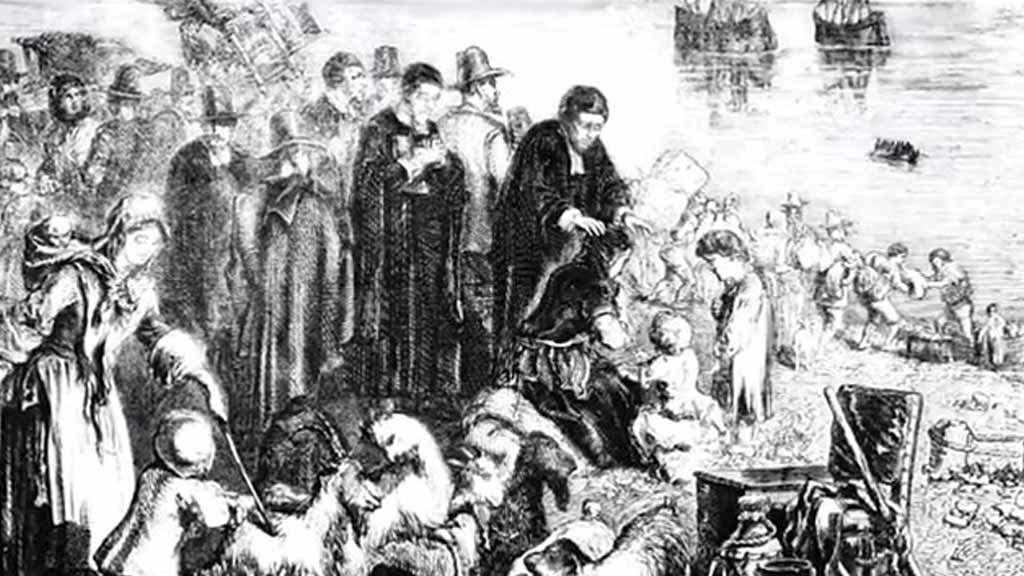
Duxbury is famous for its connection to the Pilgrims, who arrived on the Mayflower in 1620.
The town served as the temporary home of the Pilgrims before they established Plymouth Colony, with landmarks like the Myles Standish Monument and Standish House commemorating this significant chapter in American history.
Scenic Beaches
Duxbury’s coastline is famous for its pristine beaches, including Duxbury Beach and Powder Point Beach.
Stretching along Massachusetts Bay, these sandy shores offer stunning views, serene surroundings, and opportunities for swimming, sunbathing, and beachcombing amidst the natural beauty of the coastal landscape.
Maritime Traditions
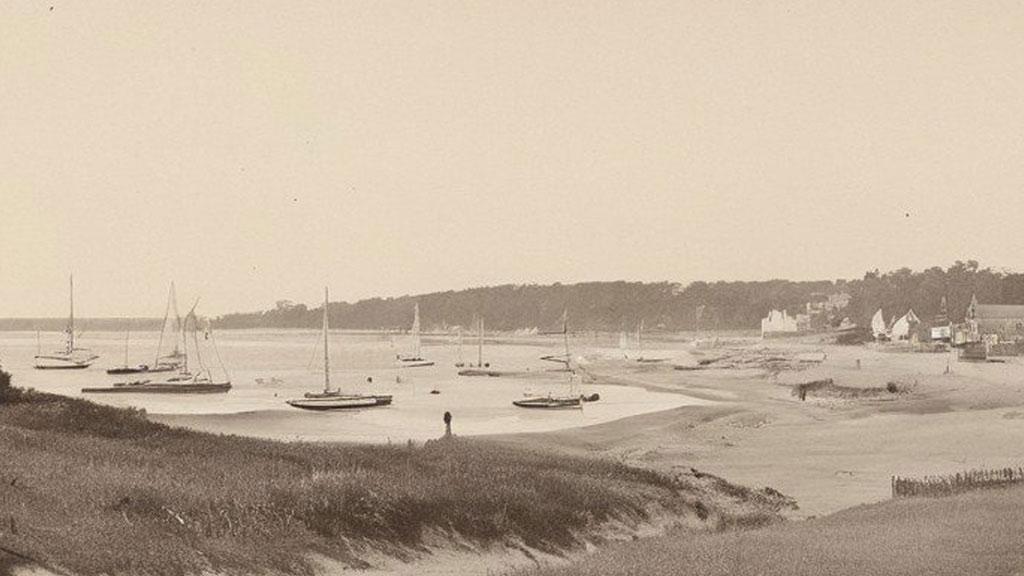
With its rich maritime heritage, Duxbury is famous for its seafaring traditions and nautical culture.
The town’s historic shipyards, maritime museums, and sailing regattas celebrate Duxbury’s connection to the sea, reflecting its role as a hub of maritime commerce and exploration throughout history.
Cranberry Farming
Duxbury is famous for its cranberry farming industry, with local bogs producing some of the finest cranberries in the region.
The annual Duxbury Cranberry Festival celebrates this agricultural heritage, offering visitors a chance to learn about cranberry cultivation, sample local products, and enjoy family-friendly activities.
Historic Landmarks
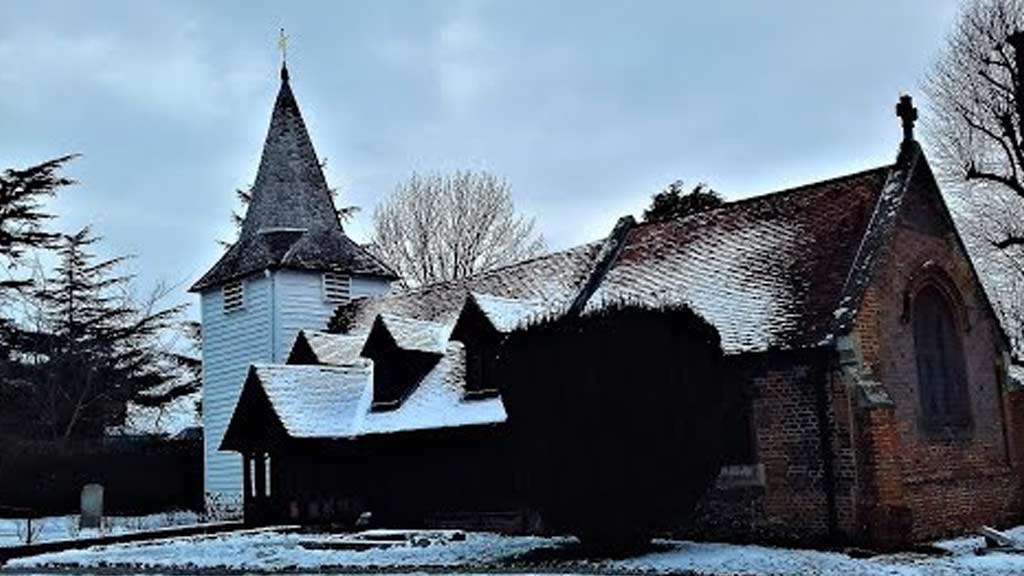
Duxbury boasts a wealth of historic landmarks that reflect its colonial past and architectural heritage.
From the iconic Old Ship Church, one of the oldest wooden churches in the United States, to the Alden House Museum, home of Mayflower pilgrim John Alden, these landmarks offer glimpses into Duxbury’s storied history.
Literary Legacy
Duxbury is famous for its literary connections, with notable authors and poets finding inspiration in its scenic landscapes and historic sites.
Henry Wadsworth Longfellow’s poem “The Courtship of Miles Standish” immortalized Duxbury’s Pilgrim history, while local writers continue to draw inspiration from the town’s natural beauty and cultural heritage.
Community Spirit
Above all, Duxbury is famous for its strong sense of community and civic pride.
Residents actively participate in local events, volunteer initiatives, and community organizations, fostering a welcoming and inclusive environment that makes Duxbury not just a place to live but a true hometown to cherish and call home.
Is Duxbury, MA, A Good Place To Live?
Considering Duxbury, Massachusetts, as a potential place to live, one can find numerous reasons why it’s an appealing choice.
Let’s explore seven justifications for why Duxbury is considered a great place to live.
Exceptional Schools
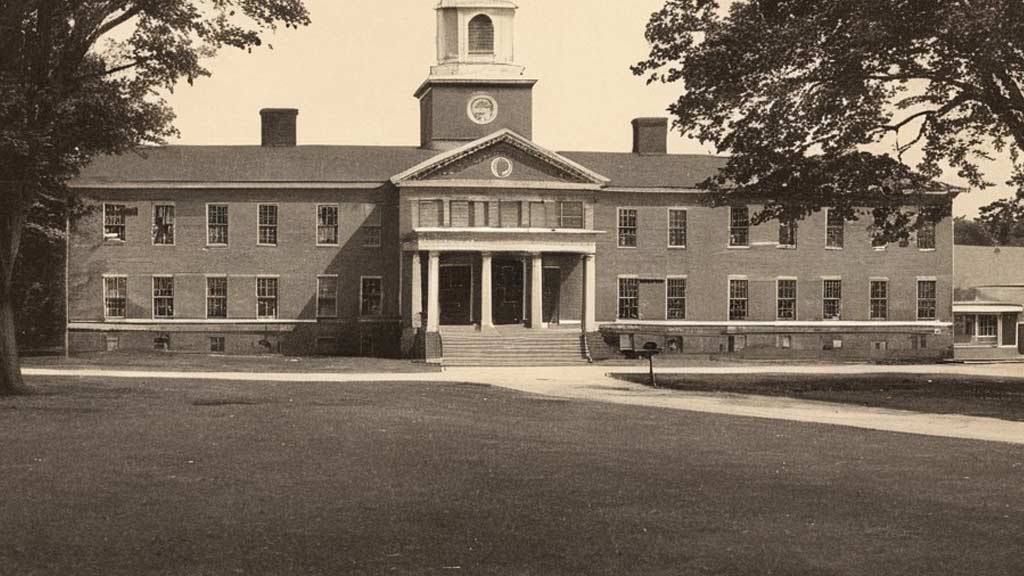
Duxbury is renowned for its top-rated public schools, known for their academic excellence, dedicated faculty, and comprehensive extracurricular programs.
Families appreciate the high-quality education and abundant opportunities for student success, making Duxbury an ideal choice for those with children.
Scenic Beauty
Nestled along the Massachusetts coastline, Duxbury boasts breathtaking natural scenery, including pristine beaches, tranquil harbors, and lush conservation areas.
Residents enjoy a serene and picturesque environment, perfect for outdoor recreation, relaxation, and appreciating the wonders of nature.
Strong Sense of Community
Duxbury fosters a strong sense of community, with residents actively engaged in local events, volunteer initiatives, and neighborhood gatherings.
Whether it’s participating in town-wide celebrations, supporting local businesses, or joining community organizations, residents find a welcoming and inclusive atmosphere that enriches their lives.
Rich Cultural Heritage
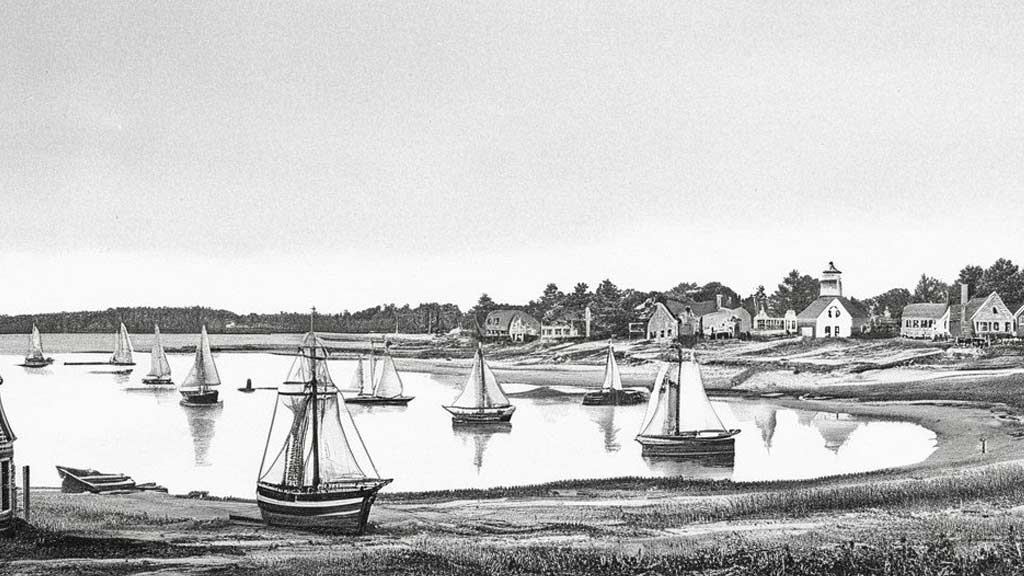
With its Pilgrim history, maritime traditions, and architectural landmarks, Duxbury boasts a rich cultural heritage that adds depth and character to the community.
Residents take pride in preserving and celebrating Duxbury’s history through museums, historical societies, and cultural events that showcase the town’s unique identity.
Safe and Family-Friendly Environment
Duxbury is known for its safe and family-friendly environment, low crime rates, and well-maintained neighborhoods.
Families appreciate the peace of mind that comes with living in a community where safety and security are top priorities, allowing them to thrive and enjoy all that Duxbury has to offer.
Proximity to Boston and Cape Cod
Situated conveniently between Boston and Cape Cod, Duxbury offers easy access to urban amenities and coastal attractions.
Residents enjoy the best of both worlds, with the bustling city life of Boston just a short drive away and the scenic beauty of Cape Cod within reach for weekend getaways and day trips.
Diverse Recreational Opportunities
Duxbury provides diverse recreational opportunities for residents of all ages and interests.
Whether it’s sailing on Duxbury Bay, hiking in conservation areas, or enjoying community events and festivals, there’s always something exciting to do and explore in Duxbury, fostering a vibrant and active lifestyle for its residents.
Who Were The Founders Of Duxbury?
The founders of Duxbury were a group of English settlers who arrived in the early 17th Century seeking religious freedom and new opportunities in the New World.
Among them were Pilgrims who had initially settled in Plymouth, Massachusetts, in 1620 aboard the Mayflower. Led by Myles Standish, John Alden, and other prominent figures, these settlers ventured beyond Plymouth to establish Duxbury as a separate community.
They were drawn to the area for its fertile lands, abundant natural resources, and strategic location along the coast.
The founders of Duxbury were hardworking and resourceful pioneers who cleared the land, built homes and farms and established a thriving community centered around agriculture, trade, and maritime pursuits.
Their legacy lives on in the town’s rich history, cultural heritage, and enduring spirit of resilience and community.
Conclusion
The history of Duxbury, Massachusetts, is a rich tapestry woven with threads of courage, perseverance, and cultural heritage.
From its Pilgrim origins to its present-day charm, Duxbury’s story reflects the resilience and spirit of its founders and residents.
As we reflect on Duxbury’s past, we gain insights into the town’s evolution from a colonial settlement to a modern-day community that honors its history while embracing the future.
Duxbury’s historical landmarks, scenic landscapes, and a strong sense of community serve as reminders of the town’s enduring legacy and its place in the fabric of American history.
Through preservation efforts, community engagement, and a commitment to honoring its heritage, Duxbury ensures that its history remains alive and cherished for generations to come.
Jaclyn Lowe